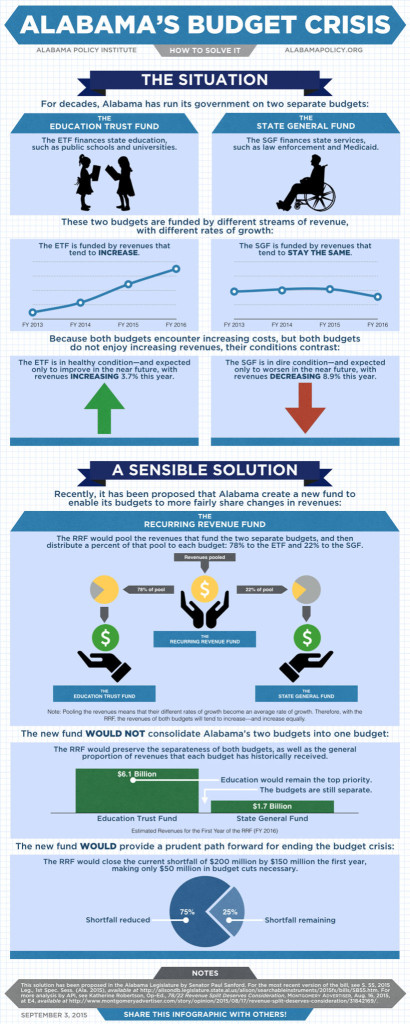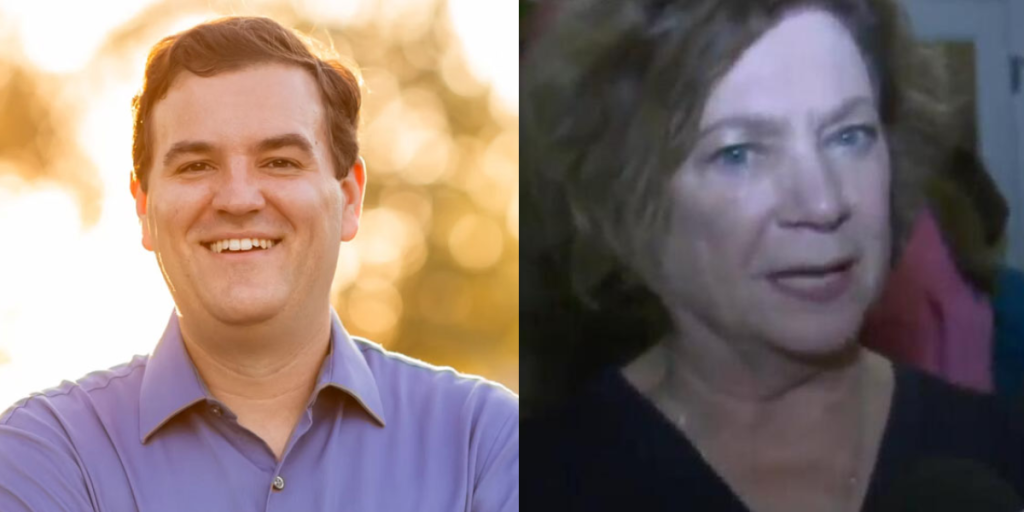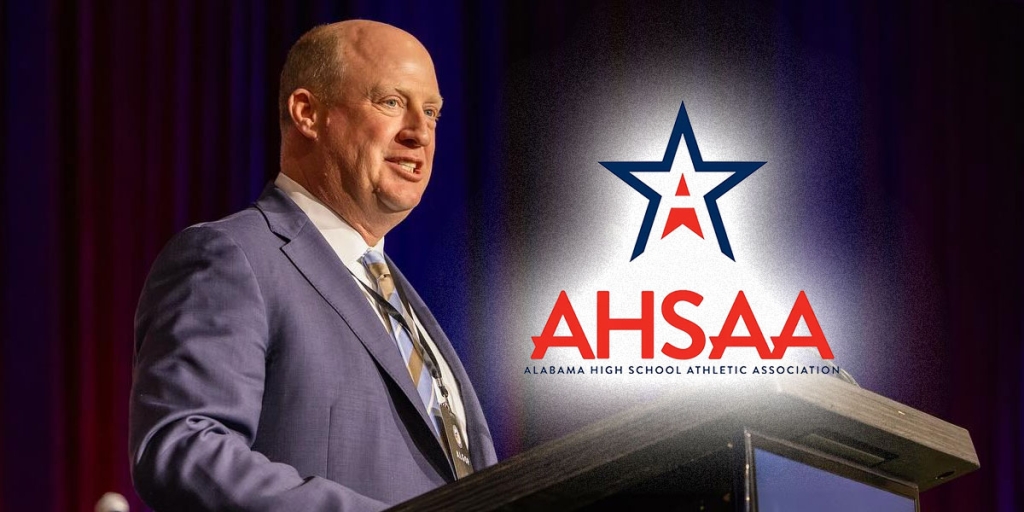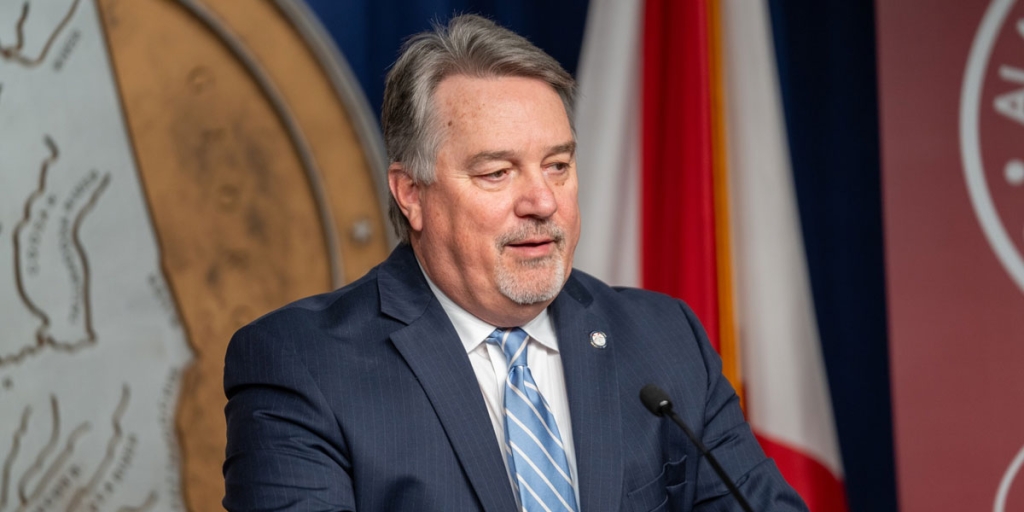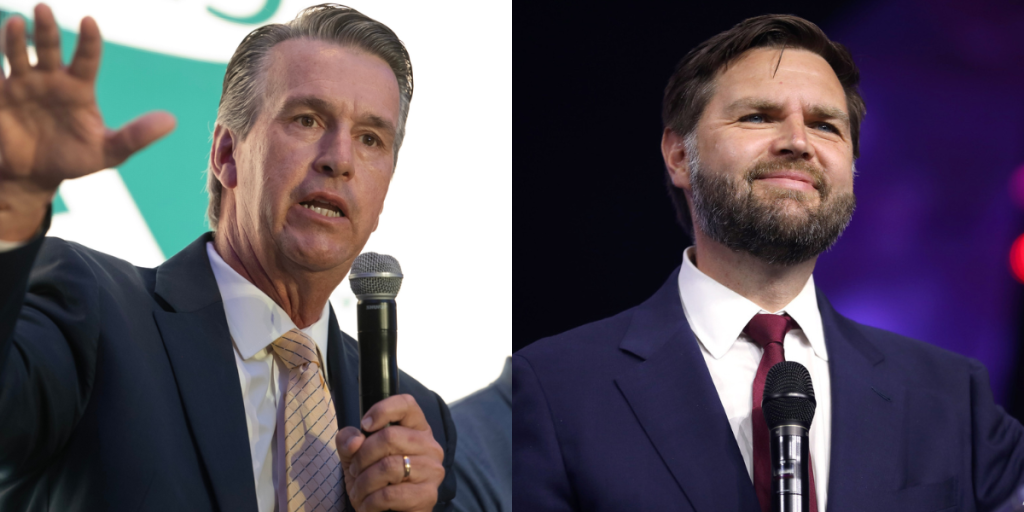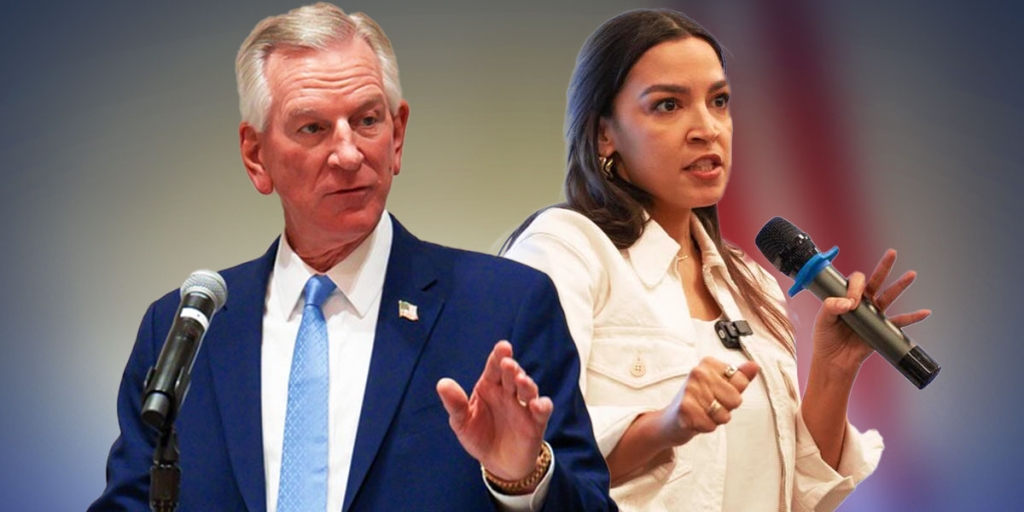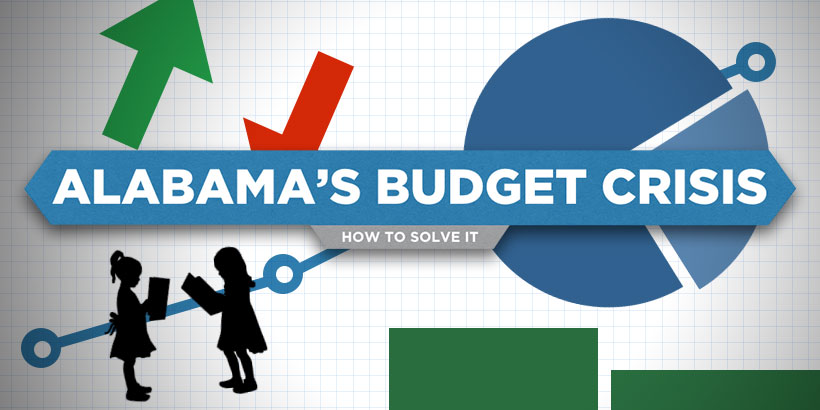
Beginning early in the Regular Legislative Session, Democrats laughingly claimed that Republicans were stealing their agenda, namely on tax increases. Various Republicans from the top down who ran on promises of no new taxes are now exerting substantial energy to convince both their colleagues and the general public that state government cannot function without more of the taxpayers’ money.
Is the shortfall itself really causing this one-eighty or is there a deeper, philosophical problem? Perhaps some of those who promised not to raise taxes did so without giving much thought to the principles that underlie this position, resulting in their sudden change of course.
A promise of no new taxes is never issued on the campaign trail with the caveat of “unless revenues go down” or “unless we need to increase spending.” A principle-based pledge not to raise taxes is made with the understanding that revenues will fluctuate and that government won’t ever voluntarily spend less. It is based in a belief that government–like any family or business–must live within its means. Tax increases have always been considered a cardinal sin in conservative politics because they require taxpayers to bail out elected officials who either cannot or will not solve problems without more of your money.
Without a genuine, policy-based commitment not to raise taxes, politicians are easily persuaded that certain increases aren’t that bad. The “tax them, not me” mentality of outside influences kicks in, leading lawmakers to privately weigh which tax hikes will allow them to keep the most friends. Raising the cigarette and business privilege taxes, and eliminating the FICA deduction, are still on the table seemingly due to a mistaken belief that these are the least politically dangerous–never mind the costs to smokers, small business owners, and half of all tax filers (those who itemize deductions).
The “tax them, not me” mentality fails to recognize that tax increases deter reform and restraint; thus, more revenue will continue to be necessary and, next time, it will have to be found in other places. The necessity of efficiency in spending is lost when taxes are raised because, to quote Milton Friedman, “very few people spend other people’s money as carefully as they spend their own.”
Maybe voters in five Alabama localities had this in mind when they voted down tax increases this year. Some legislators claim to see no correlation between what’s going on at the local level and what’s being debated in Montgomery. Politicians who miss the message here do so at their own peril. Voters are far more likely to sympathize with the need for more revenue at the lowest tier of government, to benefit specific projects within their own neighborhoods and schools, than at the state or national level.
All of the justifications given in the statewide campaign to raise taxes–children losing access to pediatricians, closing state parks, limiting access to drivers’ license offices, and turning the lights off at armories–would only come to fruition if lawmakers refuse to prioritize their spending. These kinds of threats are very familiar, but usually come from the mouths of Democrats. One notable exception is the Republican-led attempt to raise taxes in 2003, else 4,000 teachers would be laid off, 5,000 inmates would be released, and access to jury trials would be limited. That ballot initiative was defeated by 67% of voters.
Former U.S. Senator Tom Coburn (R-OK) remarked to an audience last week, “You have to be courageous not to spend money . . . and we don’t have many people who have that courage.” Conservative Republicans in the Alabama Legislature have shown courage as they have stymied tax increases now for six months. They must continue to hold the line and generate support for alternatives like the 78/22 split that would close 75% of the shortfall without raising taxes. Where cuts are still needed, an additional dose of courage will be required for making tough choices on prioritization.
The significant achievements made under Republican leadership since 2010 are laudable, but could easily become a distant memory to taxpayers who gave their votes and their trust away for an empty promise of no new taxes.
Click the image below to see the Alabama Policy Institute’s solution to the General Fund budget shortfall:




